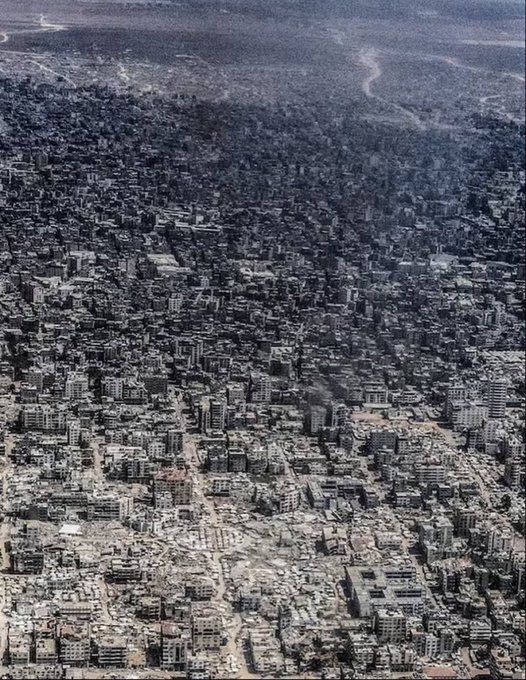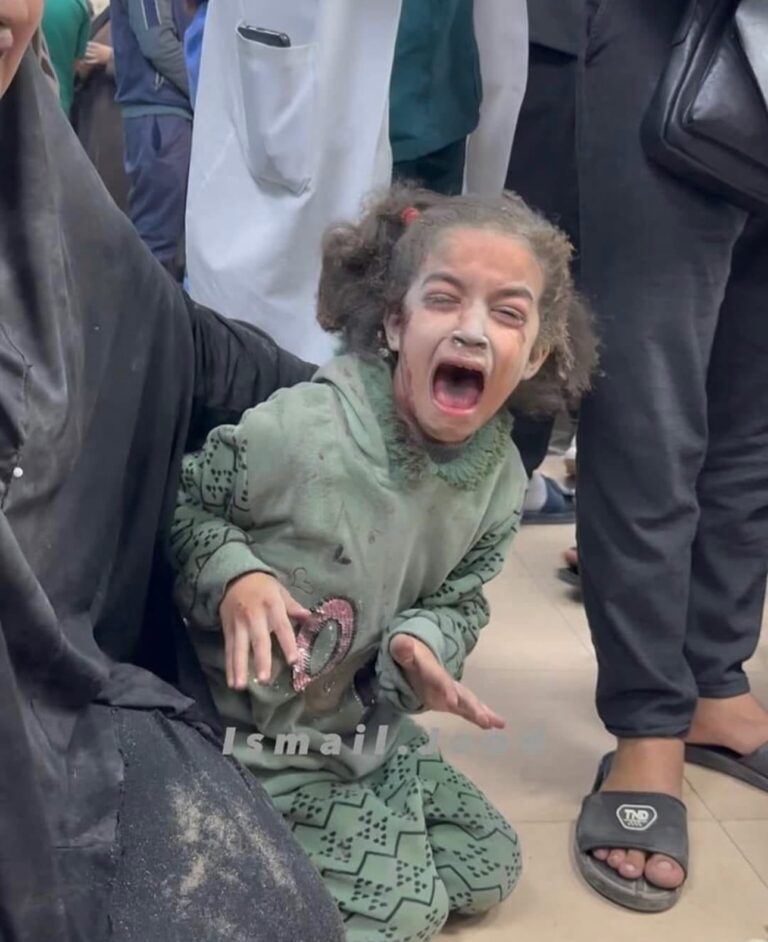
PRESS RELEASE – Bangladesh: International community urged to help halt opposition leader’s execution
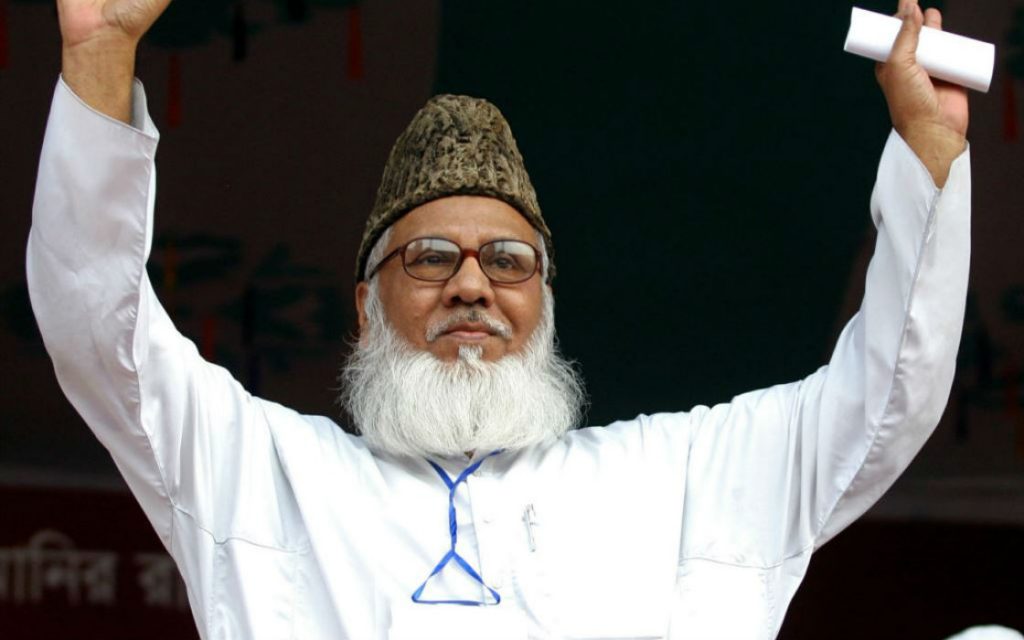
The appeal comes after Bangladesh’s Supreme Court rejected his final appeal yesterday.
Motiur Rahman Nizami, leader of the Jamaat-e-Islami, was sentenced to death by the controversial International Crimes Tribunal (ICT) in October 2014 after being convicted of murder, rape and the mass killing of intellectuals during Bangladesh’s War of Independence in 1971.
Mr Nizami, who served as a highly respected member of parliament between 1991-1996, had denied the charges saying that they were politically motivated.
Mr Nizami’s trial, like the others that preceded it, was beset with controversy relating to the admission of hearsay evidence, inconsistency of prosecution witnesses, failure to allow cross-examination of prosecution witnesses, and draconian limits placed on the number of witnesses – the defence could present in court while no limits applied to the prosecution.
Evidence corroborating Mr Nizami’s assertion that he was not present at the location of some of the crimes of which he is accused was discounted by the judges. During his trial prosecution witnesses gave widely differing accounts of Mr Nizami’s whereabouts and some even categorically recall Mr Nizami not being present at the site of the atrocities.
There is also evidence to show that prosecution witnesses were pressurised by the government and tutored by the prosecution and compelled to be a witness against the Appellant. Mr Nizami’s counsels have also been subject to harassment and intimidation by officials.
Human rights organisations and opposition groups have condemned the International Crimes Tribunal (ICT) set up in 2010 by the ruling Awami League to investigate atrocities carried out during the 1971 war for failing to meet international standards of justice. They have accused the ruling Awami League of using the ICT as a tool with which to weaken its political opponents. Almost the entire leadership of the Jamaat-e-Islami currently stands accused of war crimes.
The ICT has been beset with allegations of irregularities. Mr Nizami and his supporters have accused judges and the prosecution of conspiring with each other to secure a conviction through secret liaisons, and failing to allow the defence enough time to prepare its case. They have also accused the Awami League of systematically undermining the independence of the country’s judiciary since it came to power in 2008, packing the upper courts with judges who are its supporters.
In November 2015 Jamaat-e-Islaami Secretary General Ali Ahsan Mohammad Mujahid was hanged along with BNP leader Salauddin Quader Chowdhury for war crimes. Their execution followed that of the Jamaat-e-Islami’s Muhammad Kamaruzzaman who was executed on 11 April 2015. Another former leader of the popular Jamaat-e-Islami party, Abdul Kader Mullah was hanged in December 2013 after also being found guilty of war crimes.
Notes to editors:
For media enquiries or further details please email nadia@ihrc.org or call 020 8904 4222 or 07958 522196[Ends]
——————————————————————————————
IHRC is an NGO in Special Consultative Status with the Economic and Social Council of the United Nations.
Islamic Human Rights Commission
PO Box 598
Wembley
HA9 7XH
United Kingdom
Telephone (+44) 20 8904 4222
Email: info@ihrc.org
Web: www.ihrc.org
Twitter @ihrc
IHRC is an NGO in Special Consultative Status with the Economic and Social Council of the United Nations.
Islamic Human Rights Commission
PO Box 598
Wembley
HA9 7XH
United Kingdom
Telephone: (+44) 20 8904 4222
Email: info@ihrc.org
Web: www.ihrc.org
Twitter: @ihrc
Help us reach more people and raise more awareness by sharing this page
Featured Campaigns
Trending Posts

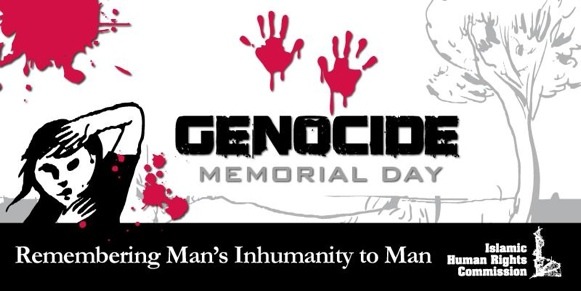
Genocide Memorial Day 2026- London: Genocide: How did we get here?
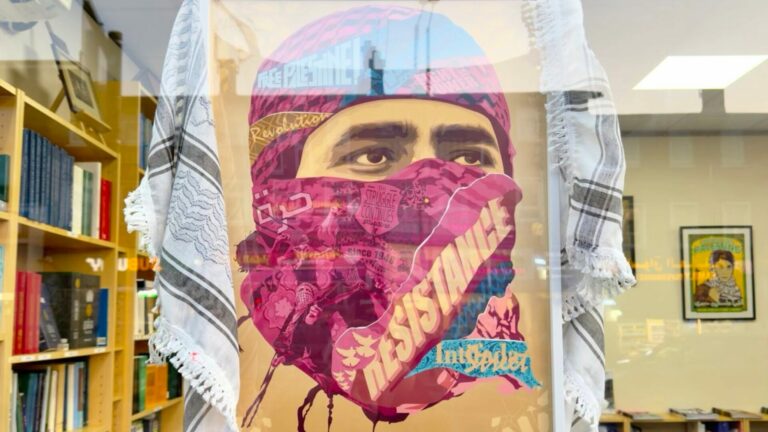
Attacks on Bookshop & Gallery: Response to MLA Alex Wilson
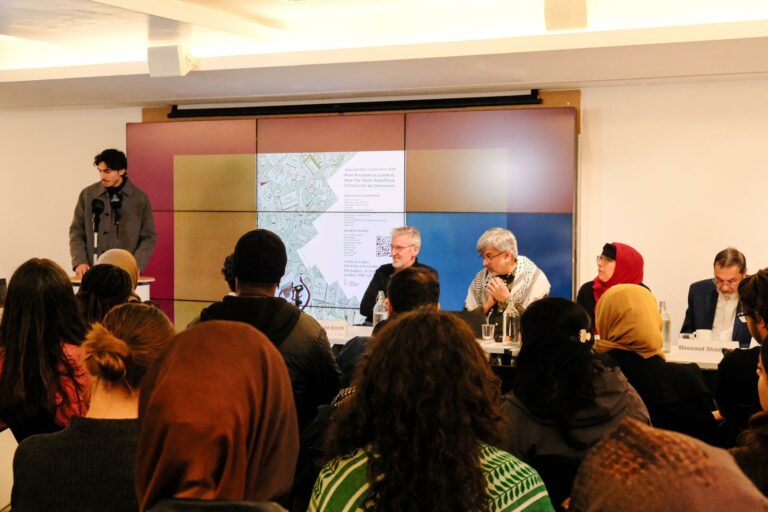
Event Reports: Islamophobia Conference 2025
